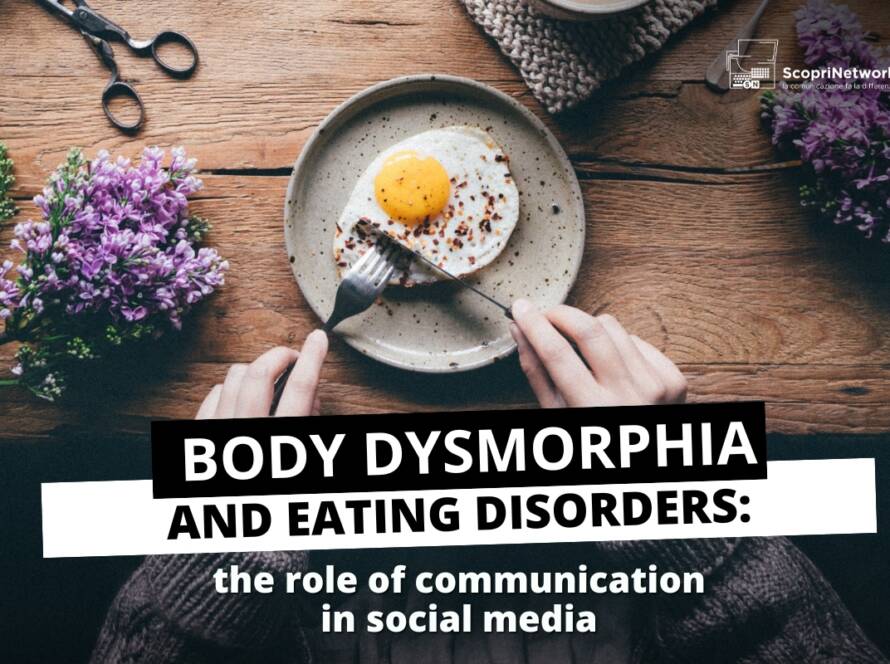With over 8 billion people on this planet, inclusive marketing isn’t only useful but necessary. As Pride Month quickly approaches, it’s important to reflect on how inclusivity and diversity can have a significant impact on the world around us.
Communication allows us to share ideas, express ideals and change the world. Diplomacy, literature and marketing help pave the way for humanity, therefore, using language conscientiously is an important responsibility.
Brand’s channelling inclusive marketing often reap great rewards, as they’re able to reach a larger slice of the population. According to research, inclusive campaigns can result in increased social media sharing and positive word-of-mouth. Such campaigns would not be possible, however, without the use of inclusive language.
Inclusive language
As experts in corporate and political communication, we are well aware of the power of language and, naturally, with it comes responsibility. Some may scoff and shake their heads at the idea of language having an actual impact on everyday life, however, this simply is the case.
Words can cut deep; hence, using certain words in a derogatory sense can have dire consequences. Homophobic remarks and insults are all too common in secondary schools all over the world. Although people are becoming more accepting of the LGBTQIA+ community, so-called “innocent” expressions such as “you’re so gay” or “that’s so gay” are far too common.
According to the Stonewall Education Guide on challenging homophobic language, three quarters of primary school teachers report hearing the aforementioned phrases in their schools. These expressions can be hard for teachers and school staff to challenge as, most of the time, the kids using them are unaware of the impact such language can have on those on the receiving end. When homophobic behaviour and language go unchallenged, a culture of homophobia is created. Therefore it can affect young people’s sense of belonging, self-esteem and attainment at school.
Sexist language, as well, is far too commonplace and only reinforces our outdated patriarchal system. As a matter of fact, homophobic language is built on the basis of sexism, therefore resolving gender disparity and hostility would inevitably resolve homophobia, biphobia and transphobia. According to an article by Patrick Studwick, published in the Guardian, the author writes «There is no emancipation for gay people without the universal liberation of women». Although the patriarchy cannot be undone so easily, using inclusive language can go a long way in shaping the world around us.
Inclusive Marketing
If a conscientious use of language can help groups of people feel more included and safe. Using such language to communicate a product or brand can yield the same results. Reportedly, Gen Z and Millennials tend to go for brands that seem to share their same ideals and views, diversity and inclusion being one of them.
In 1971 Coca-Cola came out with an ad where people from all over the world came together to sing on a hilltop. The ad was simple but extremely effective as the company received over 100 thousand letters of praise.
In a culture dominated by toxic masculinity and gender stereotypes, embracing the nonbinary complex reality of things is refreshing. Nike decided to do exactly this when they released a commercial featuring women and soon-to-be mothers reminding everyone that pregnancy and childbirth should not prevent women from being strong and successful athletes. Ironically, at the time of release, Nike was under fire for halting payments to world-class athletes they sponsored when they were unable to compete due to pregnancy. Following the backlash Nike has changed their contracts so that athletes would no longer be penalised in such cases.
What happened with Nike further proves how important these values are to consumers. Inclusivity shouldn’t just be an empty gesture, it must be a reflection of a genuine effort on behalf of companies to be the change they are showcasing in the world.
Embracing this kind of marketing and language, in a way that respects and uplifts underrepresented communities, is not only helpful but necessary to navigate this diverse market.





